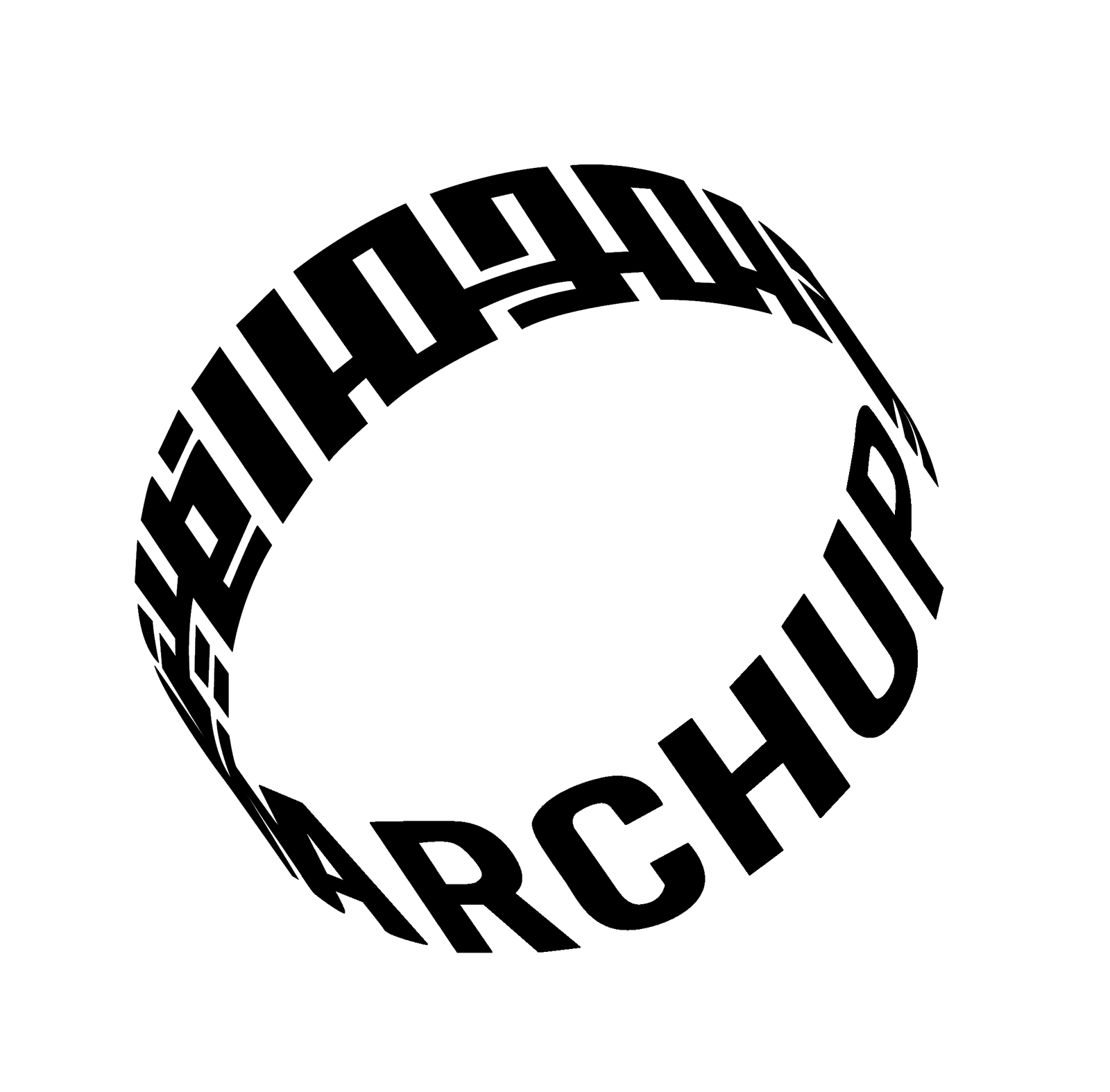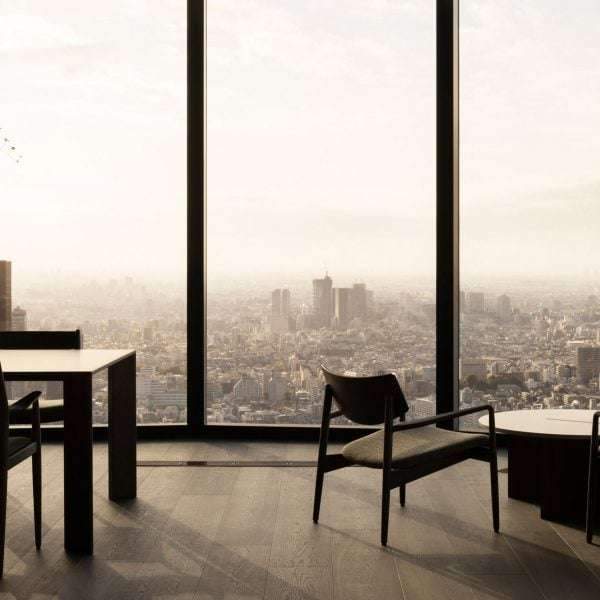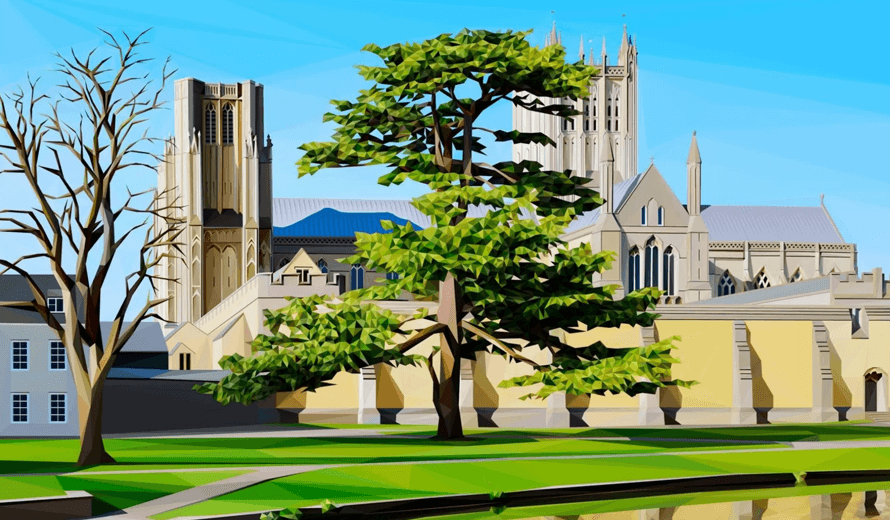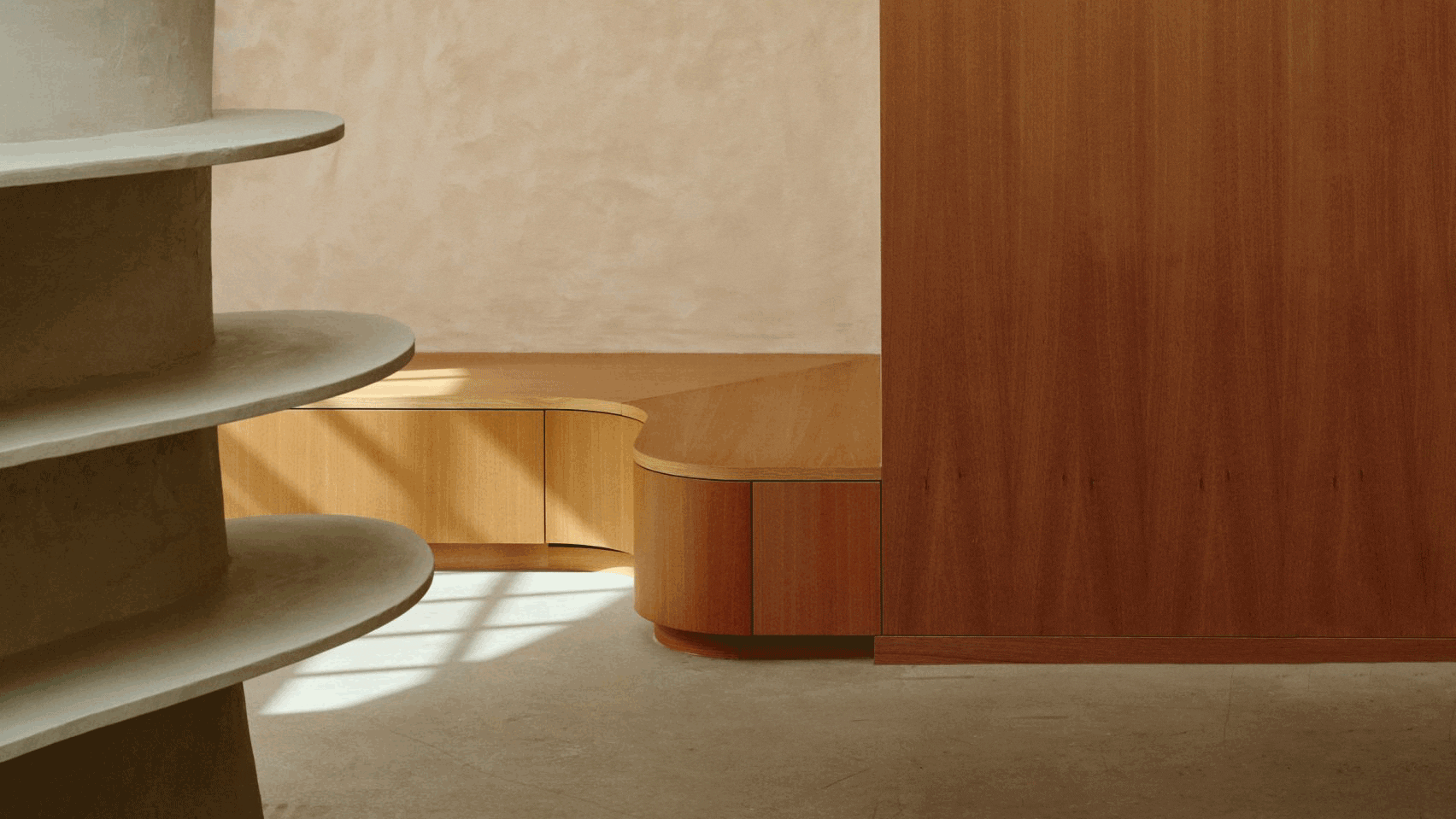
Fig: 1 – A bustling urban square with multiple transportation systems
PREMISE
With a growing population, the consumption and recognition of meat and dairy products are skyrocketing. tons of ethnic origins advocated for a balanced plant origin and animal origin diet – or a minimum of constraints to balancing both. But as we urbanize more, meat and dairy consumption globally has grown 400% within the last decades and is constant to grow more.
With a growing city population and sectoral depletion of natural resources not only animal habitats on the brink of cities have shrunk to almost limits. At an equivalent time, a whole industry is now found out to boost livestock in closed atmospheres and feeding them with genetically modified food and medicines for raising yields.
This results in not only poor living conditions for animals – at an equivalent time humans consuming dairy, meat products are susceptible to ingesting such chemicals and agents with them.
Where is the balance?

Fig: 2 – A bus stop in an urban condition at night serving as a street light
PUSHBACK
While the planet is pushing towards plant-based diet and vegetarianism, deteriorating conditions of animal farms are still a persistent issue for many places globally.
The lack of design thinking and empathy in developing the proper quite livestock farms may be a major explanation for diseases and even the pandemic we live through. Everything is somehow associated with such mismanagement at the bottom level.
‘We are what we eat‘– is usually said and understood by all since childhood. If that’s the case then why do humans eat from places are cruel and unhealthy for animals themselves?
The design subject has been always paradoxical and never addressed generally .
How can we bring design ingenuity and instill more empathy in building the proper quite dairy, poultry, livestock farms?

Fig: 3 – Problem – Despite any location a dairy farm is an engineering solution
BRIEF
The design challenge looks at a dairy for cattle during a peri-urban condition. Consumption of dairy is global yet the farms they are available from are always an afterthought.
The design of the farm as an exercise is usually ignored and eventually finishes up being an efficiency problem of fitting more and more in less space which shouldn’t be the case.
The problem is to know economic restraints and deliver a balanced living environment for dairy farms.
How many levels should be placed? How can hygiene be efficiently practiced? If there are limited grazing areas how can we ensure there are enough physical activities for animals? what proportion lighting and air should be enough? How can resting areas or outdoor areas make a balanced life possible in restrained spaces? How can we excise weather control in such tight budgets – especially in extreme climates? And similar questions require to be answered during this design challenge.
OBJECTIVES
Issues: Identify the top 5 issues persisting with animal farms globally and their causes. Addressing them head-on is the right way.
Planning: A dairy farm has several concerns – comfort for animals, hygiene, ventilation, maintenance, isolation room, healthcare spaces, storage areas, etc.
Understanding limits: Identifying limits of how much should be an ideal limit
Modularity: How can parts or the entire design be replicated across similar situations at other places?
SITE
The site can be in any city of any scale in the world. The capacity is 100 animals. The site is 60m x 60m placed in a peri-urban region of a city, with limited grazing pastures around it. The adjoining context can also be borrowed from a site of your choice; however, the design of the dairy farm holds more weight than context information at large. The height and other building constraints are kept unrestricted for this competition.







